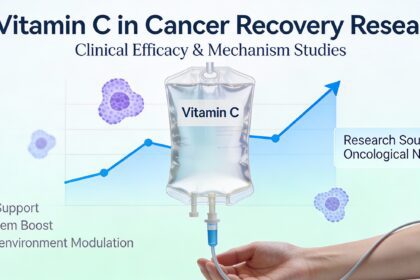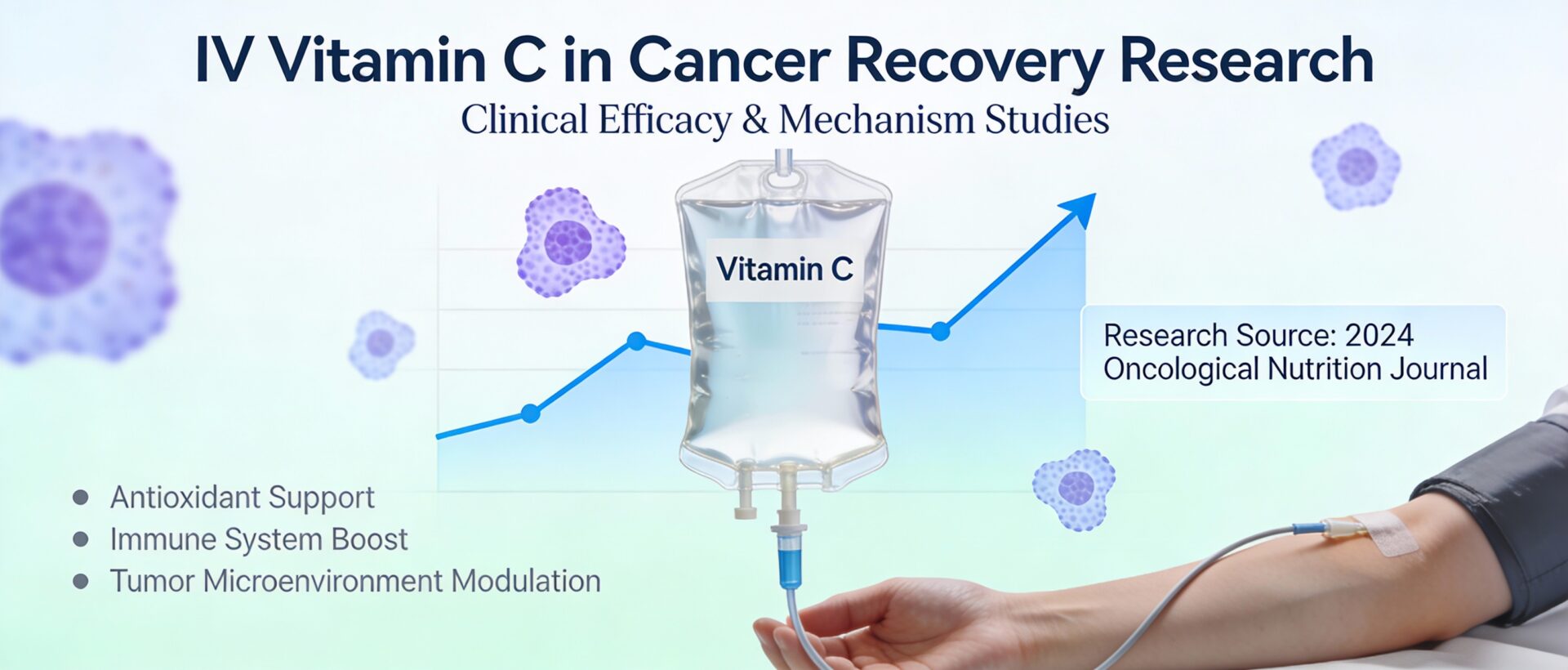If you’ve been prescribed testosterone or are considering using it for performance enhancement, you may have asked yourself: Is 1 ml of testosterone a week enough? Well, the answer isn’t as simple as a yes or no. The right dosage depends on multiple factors, including your goals, body composition, medical needs, and even how your body metabolizes testosterone.
Understanding Testosterone Dosages
Testosterone is typically measured in milligrams (mg), not just milliliters (ml). The concentration of testosterone varies depending on the type—Testosterone Cypionate, Enanthate, or Propionate—and the formulation you’re using. For example:
- Testosterone Cypionate is often available in 200 mg/ml or 250 mg/ml concentrations.
- Testosterone Enanthate typically comes in 250 mg/ml concentrations.
- Testosterone Propionate is a faster-acting version with a different dosing schedule.
So when asking, “Is 1 ml of testosterone a week enough?”, the real question is—how many milligrams are you getting?
Key Factors to Consider When Determining Testosterone Dosage
When prescribing testosterone replacement therapy (TRT), physicians must carefully evaluate multiple factors to determine the most appropriate dosage for each patient. Key considerations include the individual’s age, overall health, symptoms, and the severity of their testosterone deficiency.
A healthy testosterone range for men typically falls between 300 ng/dL and 1000 ng/dL. However, as men age, their testosterone levels naturally decline, often dropping below 300 ng/dL, increasing the likelihood of testosterone deficiency. A crucial factor in assessing this deficiency is bioavailable testosterone—the portion of free testosterone circulating in the bloodstream and interacting with tissues.
For aging men, bioavailable testosterone decreases by 2-3% annually, contributing to lower overall levels and a higher risk of symptoms related to low testosterone. To determine the appropriate dosage, physicians typically conduct blood tests to measure bioavailable testosterone and adjust treatment accordingly. However, several additional factors influence TRT dosing, including:
- Lifestyle and dietary habits
- Body mass index (BMI)
- Duration of treatment needed
- Patient’s goals and expectations
- Comfort level with different dosage forms

Choosing the Right Testosterone Delivery Method
It’s also essential to ensure the patient is comfortable with their chosen TRT delivery method. Common options include gels, patches, pellets, and injections. While all methods can be effective, testosterone injections—specifically testosterone cypionate (Depo-Testosterone) or testosterone enanthate—are often preferred for their efficacy.
Physicians typically aim to maintain testosterone levels within 400-600 ng/dL when prescribing injectable testosterone. Given that these medications have a half-life of 7-8 days, most physicians recommend a dosage of 200 mg per ml every seven days to keep testosterone levels stable within the optimal range.
By considering these factors, physicians can personalize TRT dosing to ensure effective, safe, and sustainable results for their patients.
Medical Use vs. Performance Enhancement
If you are on Testosterone Replacement Therapy (TRT), your dosage will usually be between 100 mg to 200 mg per week, which often translates to 0.5 ml to 1 ml per week, depending on the concentration.
For those using testosterone for bodybuilding or athletic performance, doses can range from 300 mg to 600 mg per week, and some even go higher. However, higher doses come with increased risks, including potential side effects like:
- Estrogen conversion (leading to gynecomastia or water retention)
- High blood pressure
- Increased risk of cardiovascular disease
- Suppression of natural testosterone production
So, is 1 ml of testosterone a week enough? It depends on whether you’re using it for medical reasons or performance enhancement.
Research and Data on Testosterone Dosage
Scientific studies have shown that TRT patients often respond well to doses between 100-200 mg per week. According to a study published in the Journal of Clinical Endocrinology & Metabolism, men with low testosterone who were given 125 mg weekly had optimal hormone levels without excessive side effects.
For performance enhancement, research suggests that higher doses do increase muscle mass and strength, but also raise the risk of adverse effects. A 2001 study published in the New England Journal of Medicine found that 600 mg of testosterone per week significantly increased lean muscle mass but also led to more side effects.
So, is 1 ml of testosterone a week enough? It may be sufficient for TRT, but for bodybuilding purposes, many users increase their dosage (sometimes unwisely).

Signs That 1 ml of Testosterone is Enough for You
If you’re wondering, “Is 1 ml of testosterone a week enough?”, here are some signs that your dose is working well:
- Steady energy levels throughout the day
- Improved mood and motivation
- Increased muscle strength and lean mass
- Healthy libido and improved sexual function
- Normal hematocrit and cholesterol levels
However, if you experience symptoms like fatigue, low libido, or mood swings, your dose may be too low.
What Happens If You Need a Higher Dose?
If 1 ml of testosterone a week is not enough, you might need adjustments. Some options include:
- Splitting the dose into twice-weekly injections to maintain stable hormone levels.
- Increasing your dose under medical supervision.
- Adding an aromatase inhibitor (AI) if estrogen-related side effects occur.
Again, is 1 ml of testosterone a week enough? For most TRT patients, yes. But bodybuilders often use higher amounts.
Final Verdict: Is 1 ml of Testosterone a Week Enough?
To summarize:
- For TRT: 1 ml per week (100-200 mg) is often enough.
- For bodybuilding: Some users increase their dose beyond 1 ml per week.
- For general health: It depends on how your body metabolizes testosterone.
So, if you’re still wondering, “Is 1 ml of testosterone a week enough?”, the best approach is to consult a medical professional, monitor your blood levels, and adjust accordingly.
Would you like to learn more about testosterone optimization? Drop your questions in the comments!
























